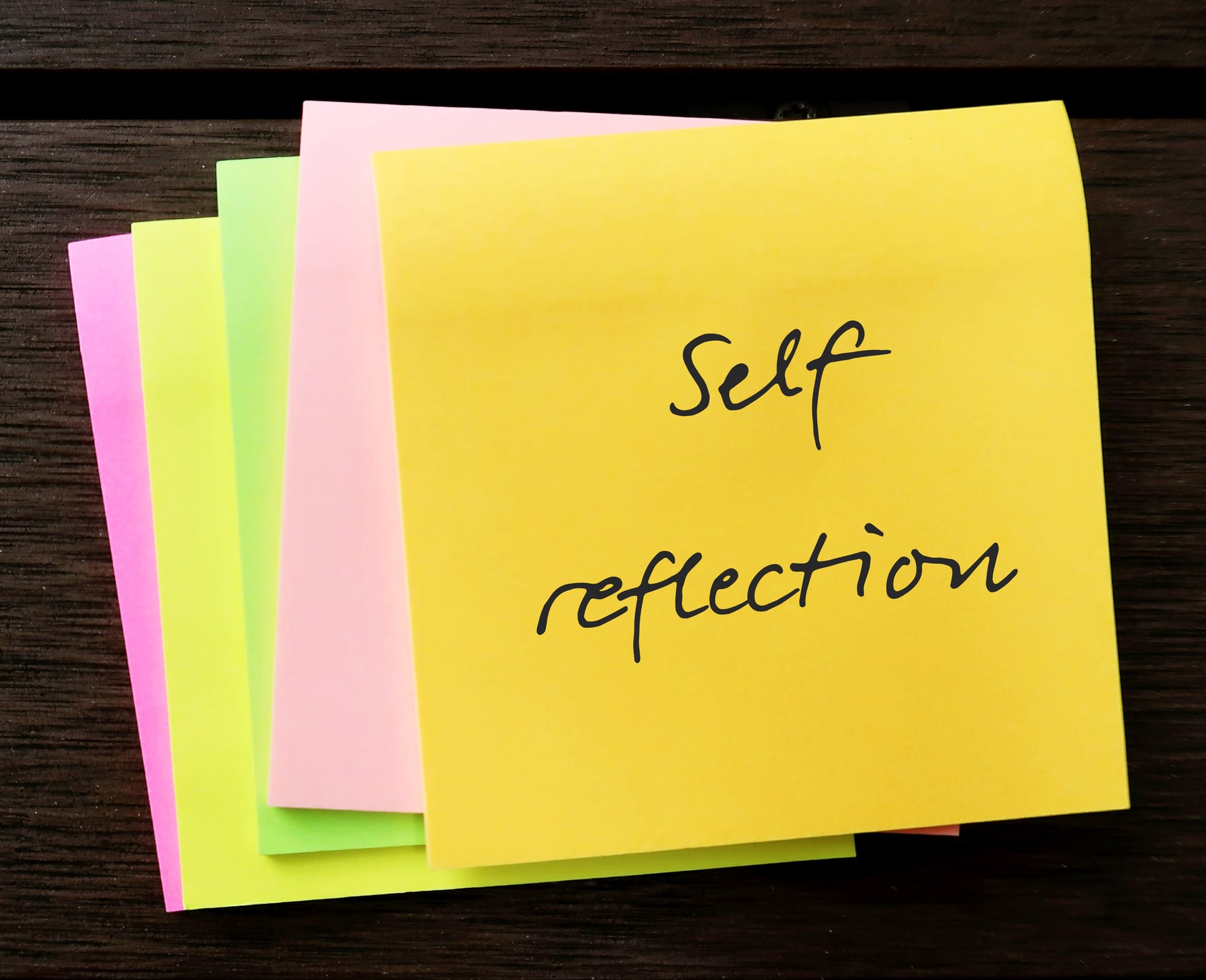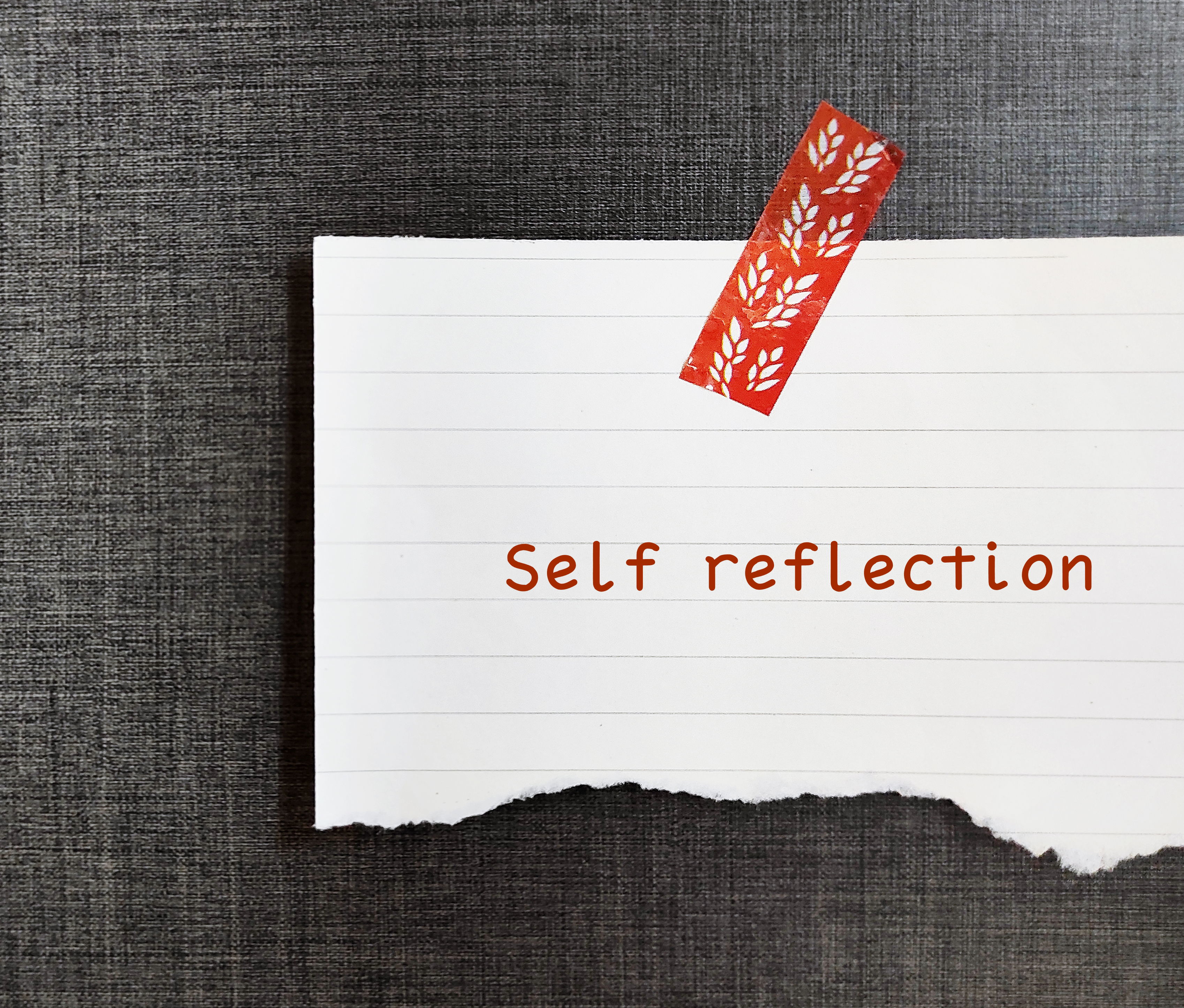The power of self reflection

Unlocking Your Inner Compass
Article by a CMI-trained consultant 5/02/2025
Self-reflection is more than just introspection; it's a powerful tool that can unlock your inner compass, guide your growth, and enhance your overall well-being. It involves taking a step back from your daily routine to examine your thoughts, feelings, behaviours, and experiences. Its practice has evolved and continues to be explored and refined by educators, philosophers and practitioners.
Why is Self-Reflection Important?
Self-reflection is important as it contributes to people's continuous professional development. It can help identify skills gaps and identify where those skills need to be developed. Self-reflection is a powerful tool to have and use in most professions. In consulting, for example, it can help identify areas where it may be possible to provide a better service for clients. It is a useful tool for analysing processes and identifying where improvements could be made. Identifying these processes may save time and could cut costs, saving on timely reattends to client premises. Self-reflection is an important tool, it allows people to review their activities and determine what went well and what did not. And then helps individuals determine what could have been done better. When individuals want to develop themselves in their role, self-reflection is an important tool because it will help them to explore opportunities and gain new experiences which can be used for developing new products, processes and services. Self-reflection is a powerful tool for consultants because it allows them to build a clear picture of who they are and what interests them.
Increased self-awareness
By regularly reflecting, you gain a deeper understanding of your needs and wants, values, strengths, weaknesses, and motivations. Identifying any weaknesses will help with understanding what you are good at and help you to start challenging the world around you, helping you see life through different lenses and perspectives. This heightened self-awareness allows engineers, consultants, business developers and project managers to make more conscious choices and navigate life with greater clarity. Self-reflection improves decision-making when faced with challenges or important decisions. Self-reflection can help you analyse past experiences, identify potential roadblocks, and evaluate the potential consequences of different choices. This leads to more informed and effective decision-making.
A small business operating a successful consultancy with a loyal customer base may be considering expanding operations to meet demand. The business owner may use notes they have taken to evaluate the options and weigh up the pros and cons of each. The decision they take may lead to investing in new equipment or hiring more employees to meet growing demand. Self-reflection may help with decision-making it will enable the small business owner to make an informed, effective decision that supports their business goals. Self-reflection may enhance professionals' emotional intelligence and help them develop coping mechanisms to deal with the stress and pressures of the day. It allows professional people to reflect on customer/client relationships and will help them identify if they listened to what the client wanted or needed. This factor will help to manage those relationships effectively and build meaningful professional relationships with clients. Self-reflection may increase resilience, which improves the consultant's professional ability to bounce back from setbacks, learn from their mistakes and cultivate a growth mindset. By identifying areas for improvement and setting meaningful goals, self-reflection becomes a catalyst for personal and professional growth.
Tips for Effective Self-Reflection:
1. Find a Quiet Space: Create a dedicated space and time for reflection, free from distractions.
2. Regularly writing down your thoughts, feelings, and experiences in a journal or on your phone can provide valuable insights. Practices like mindfulness can help you become more aware of your present moment and cultivate a non-judgmental attitude towards your thoughts and feelings.
3. Seek Feedback: Ask trusted friends, family members, or mentors for honest and constructive feedback on your behaviours and interactions.
* Ask Yourself Powerful Questions:
* What are my biggest accomplishments this week/month/year?
* What challenges did I face, and how did I overcome them?
* What are my biggest regrets, and what can I learn from them?
* What are my goals, and what steps can I take to achieve them?
* How can I improve my communication and interpersonal skills?
Incorporating Self-Reflection into Your Daily Life
Self-reflection doesn't have to be a daunting task. You can start with small, consistent steps: Spend a few minutes each evening reflecting on your day. Schedule a dedicated time each week for a more in-depth reflection session. Practice mindfulness throughout your day, such as during your commute or while eating.
By cultivating a consistent practice of self-reflection, you can unlock your inner potential, navigate life's challenges with greater ease, and live a more fulfilling and meaningful life.
